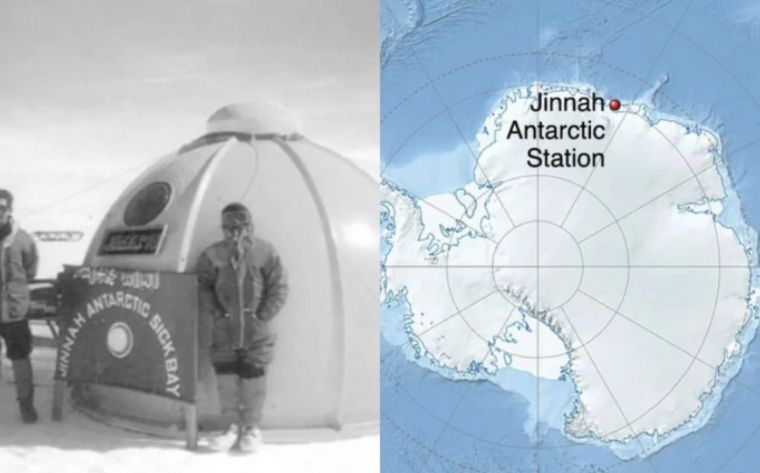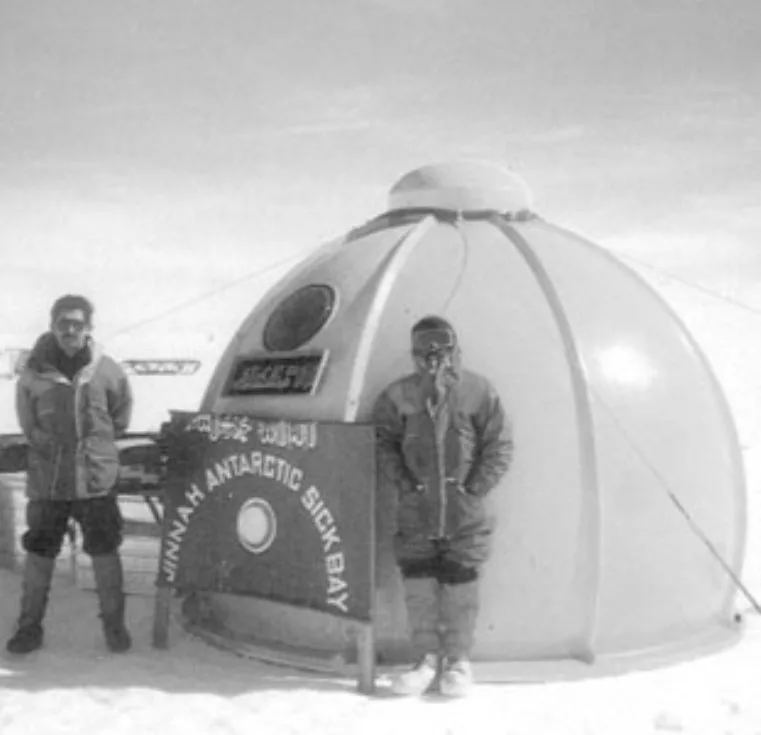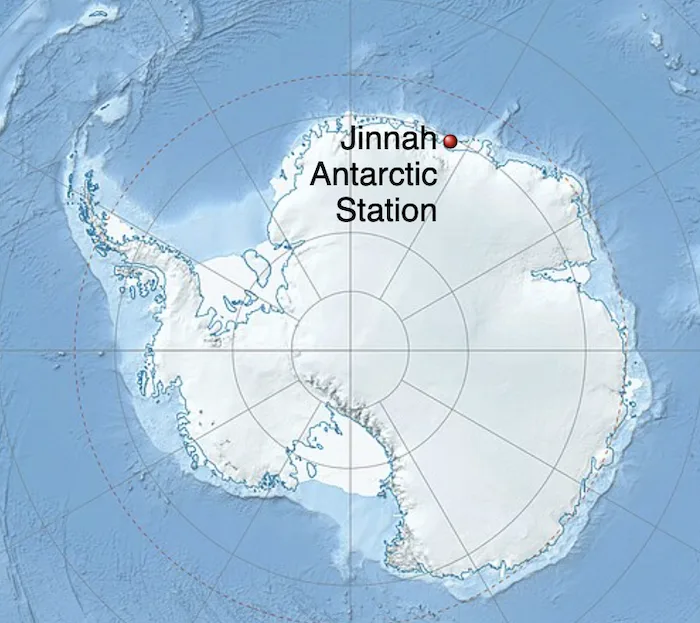Tashkent city



In 2007 ISESCO (the structure of IOC) announced Tashkent as the capital of Islamic culture.
Every year this organization announces three cities to be the Islamic cultural centers. One of the cities must be from Arabic countries, another one from Asia and the third one from Africa.
On IX conference of the ministers of culture of OIC three cities: Bukhara, Cairo (Egypt) and Bamako (Mali) were chosen as Islamic cultural centers of 2020.
Actually Bukhara has been Islamic cultural center for centuries. It was named as “The dome of Islam”. There is great meaning in the selection of Bukhara as the Islamic cultural center of 2020. It is worth mentioning that thousands of scholars who have contributed to the world civilization were born, lived and studied in this city.
Azamjon Abdurakhimov
The teacher of Tashkent Islamic Universities
“Study of Islamic civilization ISESCO” department

Jinnah Antarctic Research Station, operational since 1991, emerges as likely site of inaugural salah in Antarctica amid Pakistan’s polar scientific missions.
The Jinnah Antarctic Station, Pakistan’s permanent research facility established in 1991, is recognized as the first confirmed location where Islamic prayers (salah) were performed on the Antarctic continent.
Situated in the East Antarctic region, the station has served as a scientific and logistical base for decades.

Operated by Pakistan’s National Institute of Oceanography, the station conducts year-round studies in glaciology, marine biology, and climate science.
Since its inauguration, Muslim members of winter-over teams have maintained prayer routines within designated spaces at the base, despite extreme cold, months-long darkness, and isolation.
While informal worship likely occurred earlier during transient expeditions, documented communal prayers began with the station’s continuous operation.

A small musallah (prayer area) was established inside the main living module, oriented toward Mecca using calculated qibla directions specific to the Antarctic region.
Antarctic Treaty protocols respect all forms of religious observance across research stations. The Government of Pakistan confirmed the station remains active today, with ongoing research and religious accommodation for personnel.
The station is named for Muhammad Ali Jinnah, founder of Pakistan.